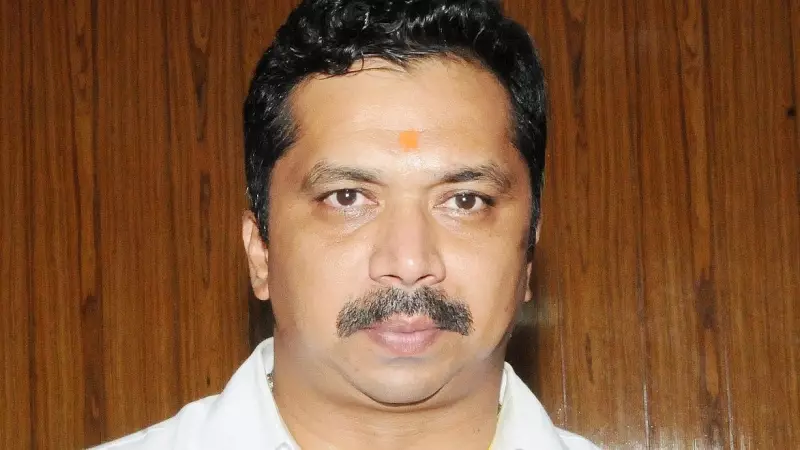
In a significant development that has drawn political attention, Congress leader Rajendra has clarified that his recent meeting with Union Home Minister Amit Shah was strictly related to cooperative sector matters and contained no political discussions.
Meeting Focused on Cooperative Department Matters
Rajendra, who is the son of former Minister K N Rajanna, addressed reporters to provide context about his interaction with the senior BJP leader. The meeting took place against the backdrop of Amit Shah's additional responsibility as the minister handling the Cooperative Department portfolio.
The Congress leader emphasized that his position as a member of KRIBCO (Karnataka Rural Infrastructure Building Corporation) necessitated the discussion with Shah. The primary agenda revolved around the upcoming chairman election for the cooperative organization, a matter falling directly under Shah's ministerial purview.
Political Context and Clarification
Rajendra made it explicitly clear that the conversation remained confined to cooperative sector issues. "I am the member of KRIBCO. Since Amit Shah also holds Co-Operative Department portfolio, I met him regarding KRIBCO chairman election," he stated unequivocally to reporters.
This clarification assumes importance given the current political landscape where any interaction between opposition leaders and ruling party ministers often sparks speculation about potential political realignments. The meeting occurred on November 22, 2025, as confirmed by the official records.
Background and Implications
Rajendra's political lineage as the son of former Minister K N Rajanna adds another layer of significance to this development. However, his straightforward explanation seeks to preempt any misinterpretation about cross-party engagements.
The cooperative sector in Karnataka has been a significant arena for political influence, making such discussions between political leaders and the cooperative minister routine administrative interactions rather than political negotiations.
This incident highlights how genuine administrative requirements sometimes lead to meetings that might be misconstrued as political engagements in the highly charged atmosphere of Indian politics.






